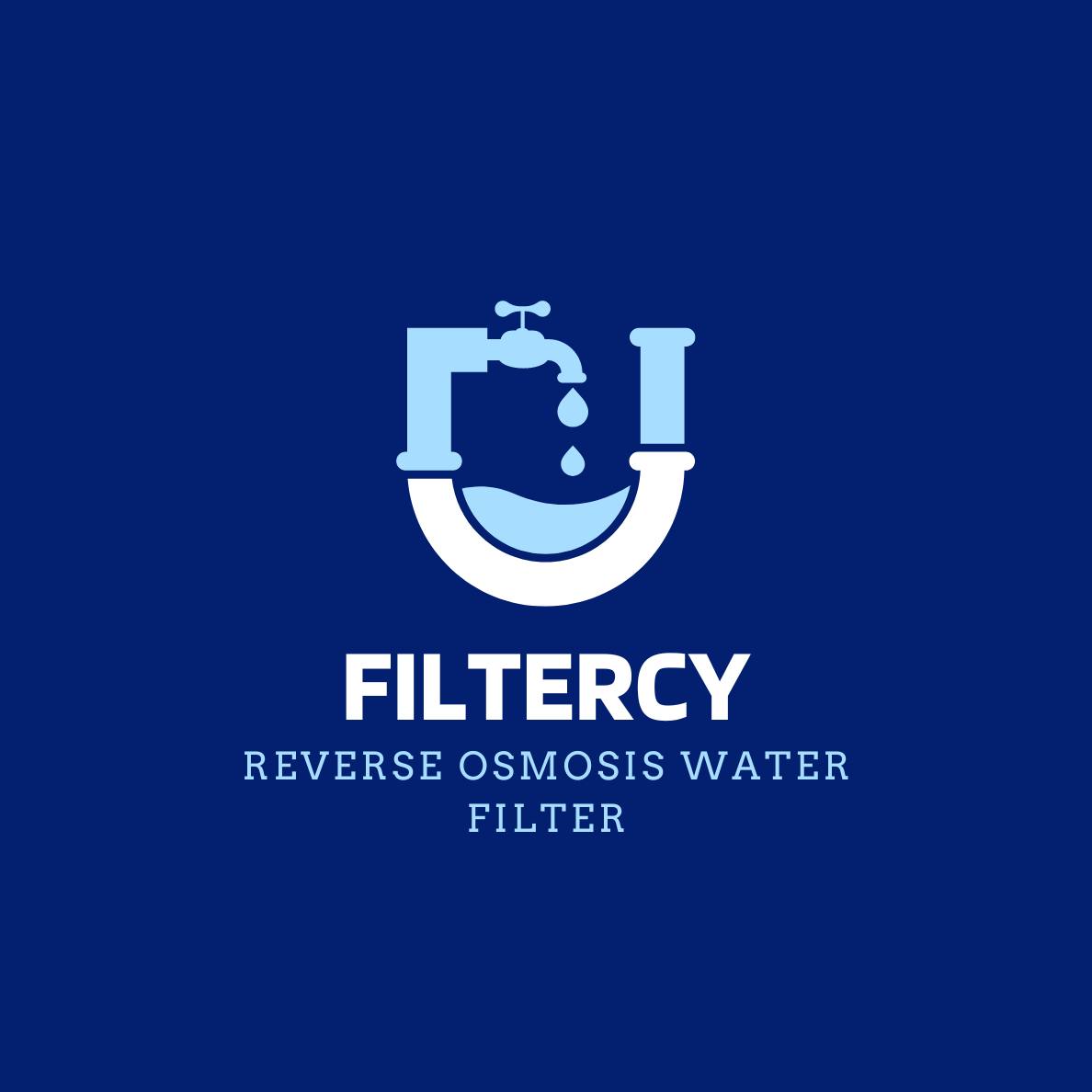
Thank you for your interest in our company!
Fill the form and we will contact you as soon as possible
You agree to our Data privacy

Soft and Hard Water: Benefits and Risks, What You Need to Know
Water is an essential part of our lives, and its quality significantly impacts our health and comfort. One of the main factors determining water quality is its hardness, which is defined by the amount of dissolved calcium and magnesium salts. Depending on this, water is classified as soft or hard. Each type of water has its own characteristics, advantages, and disadvantages that need to be considered.
What is Water Hardness?
Water hardness is determined by the amount of dissolved calcium and magnesium salts. The higher their concentration, the harder the water. There are several levels of hardness:
- Soft water: Minimal salt content.
- Moderately hard water: Moderate salt content.
- Hard water: High salt concentration.
- Very hard water: Extremely high salt concentration.
Benefits and Risks of Hard Water
Benefits of hard water are associated with its high mineral content. Calcium and magnesium are important elements for the health of bones, teeth, and the cardiovascular system. Drinking hard water can help replenish these minerals in the body. However, it’s worth noting that minerals from water are absorbed by the body less effectively than those from food.
Disadvantages of hard water are more noticeable in everyday life. Some common issues include:
Disadvantages of hard water are more noticeable in everyday life. Some common issues include:
- Scale and Deposits. Hard water contributes to scale buildup in kettles, boilers, water heaters, and washing machines. This not only reduces the efficiency of appliances but also leads to breakdowns and increased energy costs.
- Skin and Hair Problems. Hard water can cause dryness and irritation of the skin and worsen hair condition, making it brittle and dull. This happens because calcium and magnesium salts deposit on the skin and hair, hindering normal moisture retention.
- Poor Lathering of Detergents. Hard water reduces the effectiveness of soap, shampoos, and detergents, as calcium and magnesium salts interact with active substances, forming insoluble compounds. As a result, more detergent is required to achieve the desired effect.
Benefits and Risks of Soft Water
Benefits of soft water are related to the absence of issues typically associated with hard water. Soft water does not form scale, improves the performance of household appliances, and saves detergent. Additionally, it is less harsh on the skin and hair, which is especially important for people with sensitive skin.
Drawbacks of soft water include its low mineral content. For those who get most of their calcium and magnesium from drinking water, switching to soft water can lead to a deficiency of these elements. However, this can easily be compensated with a balanced diet.
Drawbacks of soft water include its low mineral content. For those who get most of their calcium and magnesium from drinking water, switching to soft water can lead to a deficiency of these elements. However, this can easily be compensated with a balanced diet.
| | Keep your family safe from the germs and bacteria lurking in tap water. Start enjoying clean, delicious water today! You agree to our Data privacy |
How to Adjust Water Hardness?
To optimize usage and minimize issues related to hard water, various methods of softening water are available. One of the most common solutions is the installation of water softeners. These devices effectively reduce calcium and magnesium concentration, making water softer and preventing scale formation. Water softeners work using ion exchange resins that replace calcium and magnesium ions with sodium ions, resulting in softer water.
There are also combined filtration systems that include mechanical and carbon filtration along with ion exchange. These filters allow for simultaneous purification and softening, making water safer for drinking and household use.
One of the most effective solutions for comprehensive water purification and softening is a reverse osmosis system. It not only removes hardness salts but also filters out most contaminants, including heavy metals, chlorine, bacteria, and viruses. This ensures that the water is safe and pleasant to taste.
There are also combined filtration systems that include mechanical and carbon filtration along with ion exchange. These filters allow for simultaneous purification and softening, making water safer for drinking and household use.
One of the most effective solutions for comprehensive water purification and softening is a reverse osmosis system. It not only removes hardness salts but also filters out most contaminants, including heavy metals, chlorine, bacteria, and viruses. This ensures that the water is safe and pleasant to taste.
Conclusion
Water quality at home is a key to health and comfort. Hard water can negatively affect household appliances and skin conditions, while soft water lacks these drawbacks but requires mineral supplementation through diet. The optimal solution is to install a filtration and softening system that ensures high-quality drinking water free of harmful impurities.
Want to provide yourself and your family with high-quality drinking water? Learn more about reverse osmosis systems at filtercy.com and install a filter for your home!
Want to provide yourself and your family with high-quality drinking water? Learn more about reverse osmosis systems at filtercy.com and install a filter for your home!

